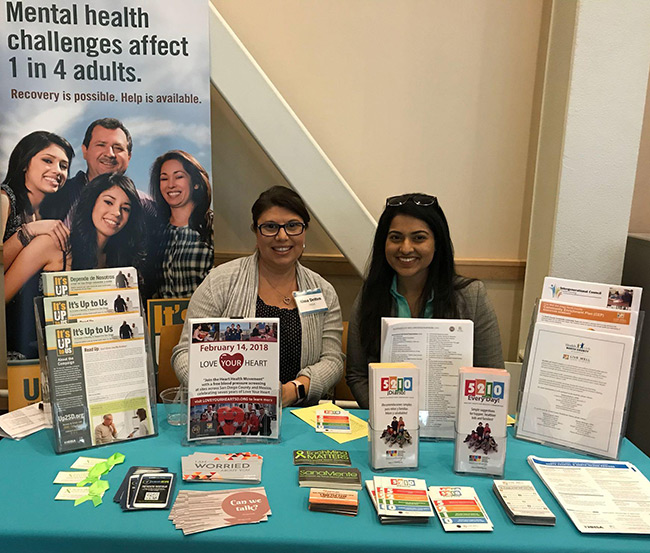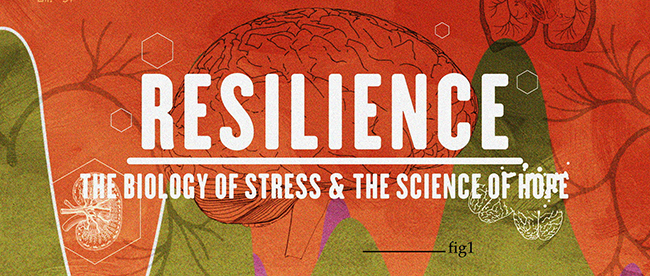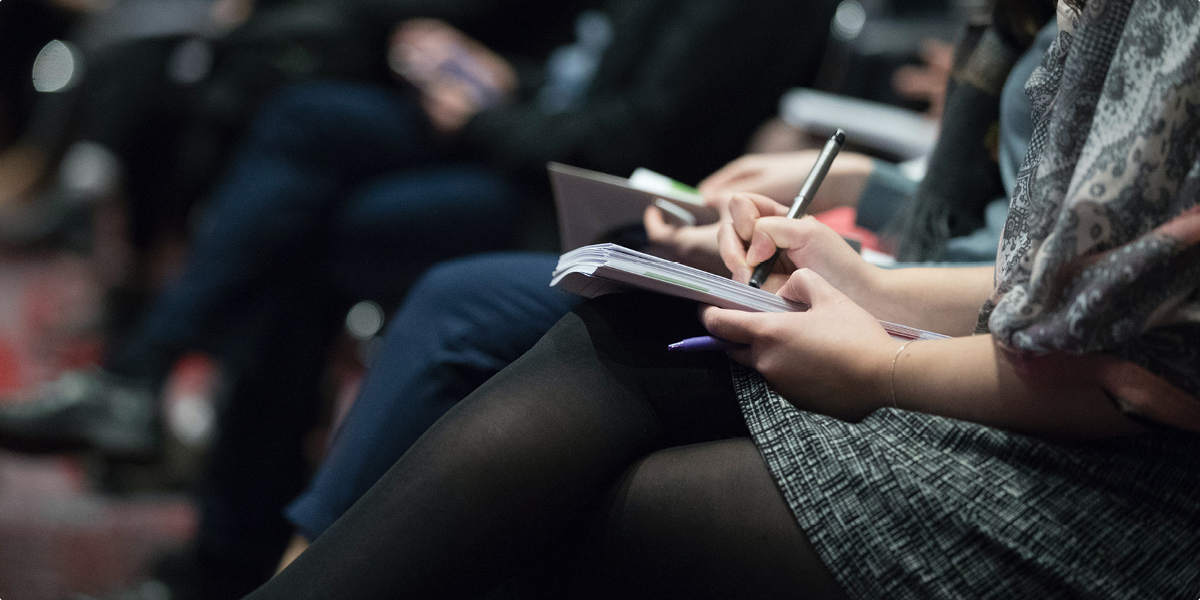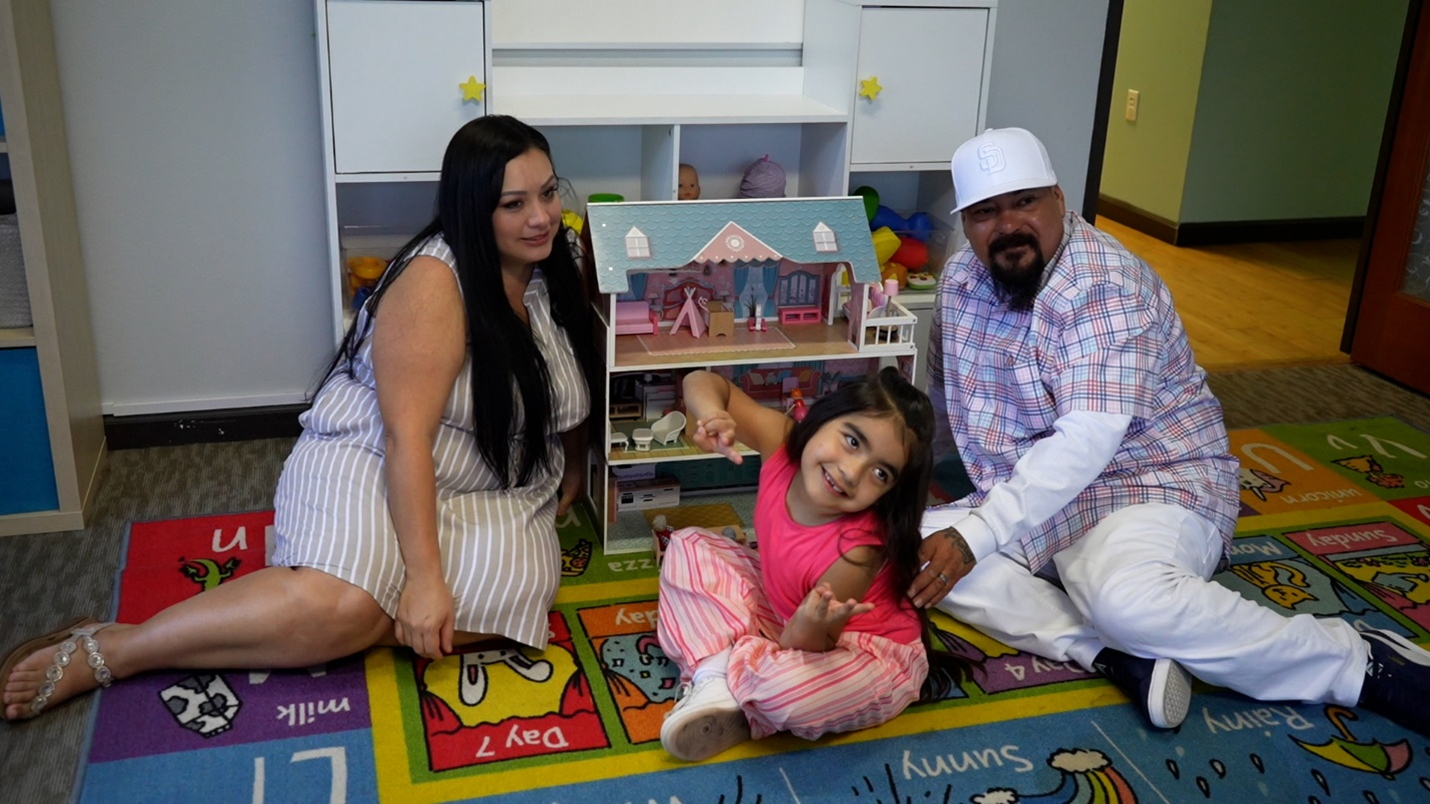The child may not remember, but the body remembers.
As the new documentary Resilience: The Biology of Stress and the Science of Hope reveals, toxic stress from exposure to Adverse Childhood Experiences (ACES) can trigger hormones that wreak havoc on the brains and bodies of children, putting them at a greater risk for disease, substance abuse, depression and early death.
ACEs are defined as Adverse Childhood Events, such as physical, sexual or emotional abuse and neglect or other traumatic experiences including living with a mentally ill or incarcerated household member.
The film and this information was shared with more than 350 North County residents at the event, Growing Resilience in our Community, on January 29 at Cal State University San Marcos (CSUSM).
Hosted in collaboration with The San Diego Foundation, County of San Diego Health & Human Services, Live WELL San Diego and CSUSM, the event provided attendees with the opportunity to hear from community leaders and speak with local organizations currently working to address the challenges outlined in the study.

The North County Resilience screening concluded with a resource fair, connecting attendees to 16 organizations working in behavioral health, social services and trauma advocacy.
Community members came together to learn more about the promising beginnings of a national movement to prevent childhood trauma, teach adaptive responses to toxic stress and improve the health of current and future generations.
Following the film screening, attendees heard from a panel of experts and advocates who are using their individual experiences and background to create awareness for the effects of ACEs and to promote this new adaptive response to hardship.
According to the Public Health Institute, 59 percent of all households in San Diego County have experienced one or more ACEs, with 14.5 percent of households experiencing four or more ACEs.
Panelist Olivia DePaul, Vice President of the CSUSM chapter of Active Minds, a mental health advocacy organization, recounted her personal struggle with mental health, and shared how she relied on the pillars of resilience to cope and thrive.
[Tweet “59% of all households in #SanDiego County have experienced one or more Adverse Childhood Events”]
Dr. Amy Lansing, Assistant Adjunct Professor at UC San Diego and Jennifer Duran, Administrative Lead at New Alternatives, Inc. shared their expertise on the importance of trauma informed care for medical and school-based professionals and the value of teaching coping strategies to youth.
Dr. Susan Writer, Community Outreach & Education for Aurora Behavioral Health Center, relayed the powerful message – you do not have to be an expert in the field but by simply asking “Are you okay?,” you can open a conversation and help people seek care to mitigate the effects of their trauma.
The event started and concluded with a resource fair, connecting attendees to 16 organizations working in behavioral health, social services and trauma advocacy. Many attendees expressed sincere gratitude for the access to vital resources, not only for themselves but also their children, and are looking forward to beginning the journey to healing.
Shifting Perspective
The San Diego nonprofit and healthcare community are already making great strides when it comes to breaking the cycle of adversity and disease among our youth, by shifting from asking “What is wrong with you?” to, “What happened to you?”
Look for more Resilience screenings across the County in 2018.




